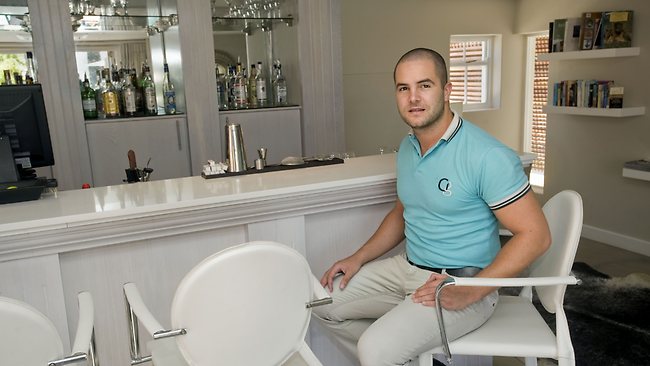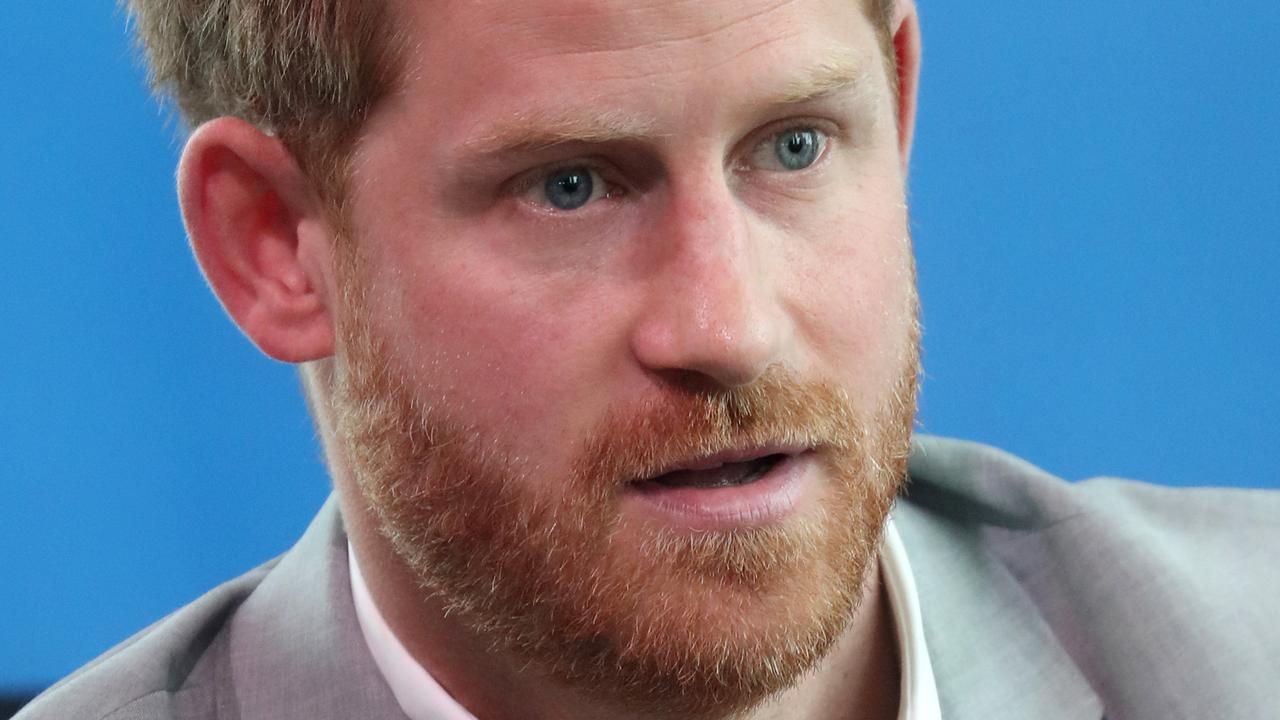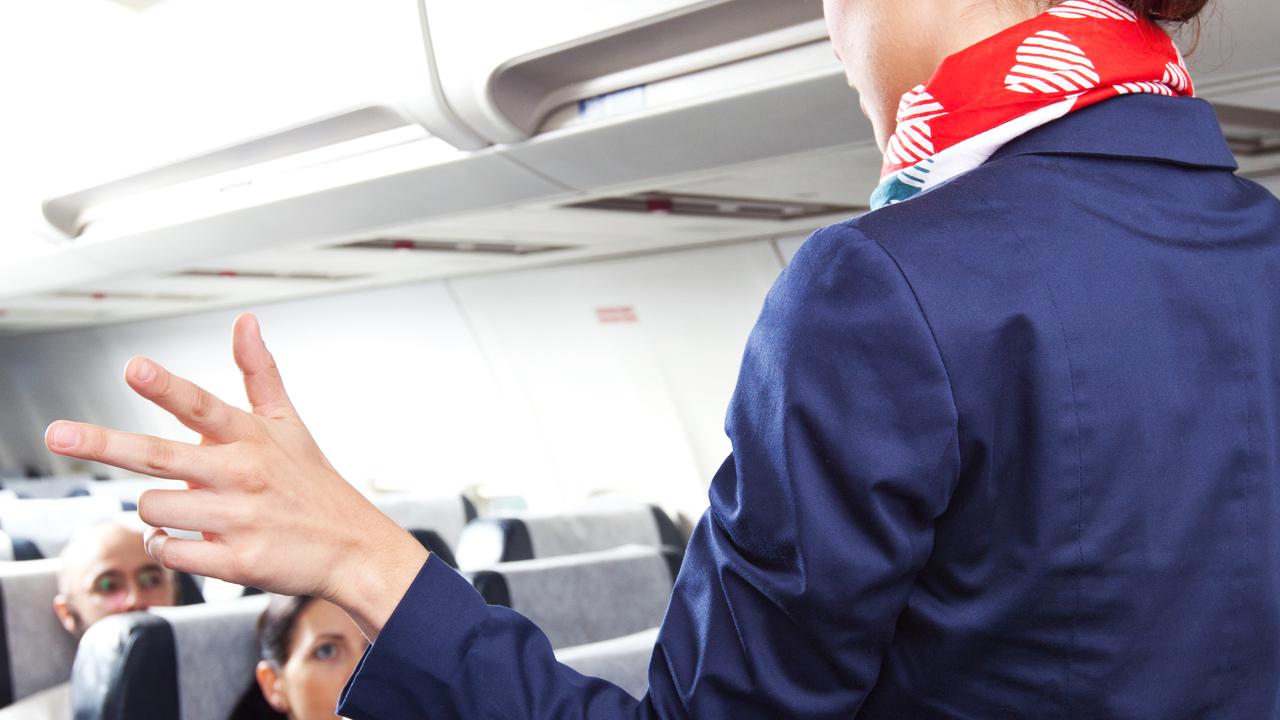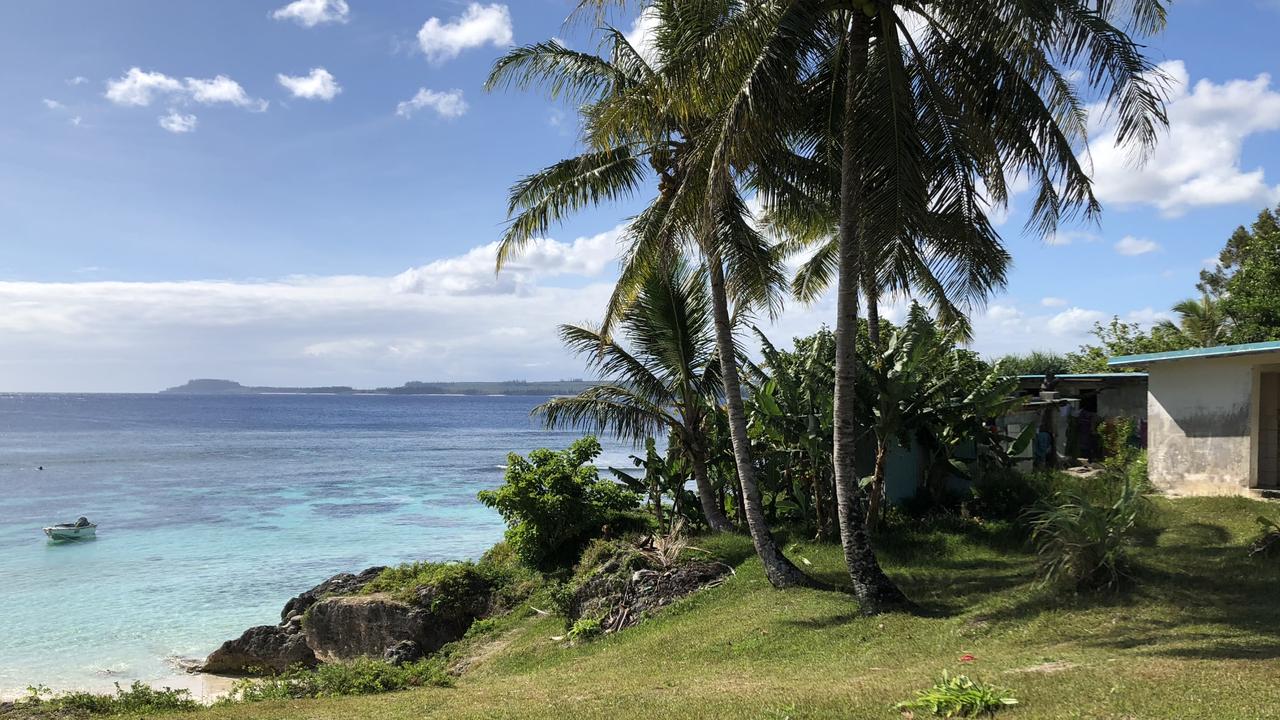Cape Town, alone in Africa, chases gay tourist dollars
CAPE Town's gay scene has flourished since apartheid and it's cashing in the "pink" dollars.

PERFECTLY sculpted bodies lie poolside at The Glen, a guesthouse that's the first listing on the Pink Map to Cape Town, handed out at the airport for the 225,000 gay tourists who visit every year.
Gay culture has flourished since the fall of apartheid, which harshly penalised homosexuality, as South Africa enshrined equal rights in its constitution and allowed same-sex couples to marry and adopt.
But no city in the country, or on the continent, has moved as aggressively as Cape Town to tap into "pink" tourism dollars, presenting itself as a model of tolerance and a magnet for international gay tourists.
"The gay market is definitely one of the niche markets that we look at," said Skye Grove, spokesman for Cape Town Tourism, the city's promotion agency. "They have a lot more disposable income than non-gay tourists."
Of the city's 1.5 million annual visitors, about 15 per cent are gay, she estimated, many of them white men.
"It's really about the lifestyle," she said, pointing to the city's white-sand beaches, world-class restaurants and thriving street life.
At The Glen, business is booming. The hotel recently doubled its capacity and added a second pool, a second jacuzzi and a second bar.
"Sea, sex and sun," said Chris Hattingh, who runs the hotel, summing up what gay tourists are after.
The austral summer draws snowbirds from northern climates, and Cape Town's reputation for tolerance makes it appealing for gay travellers, he said.
"We want sunshine!" said Pierre Huygh, a young Belgian sunning by the pool.
"We thought about the Caribbean, but we've already been there. Then my brother told me that Cape Town is very gay. So we've rented a car and we're here to explore."
In many ways, gay Cape Town is an island where tourists can hold hands or kiss in the street.
In many residential parts of the city, both white and black, where tradition and religion remain strong influences, gays are treated with disdain or violence. Lesbians face a horrific incidence of rape, aimed at "correcting" their sexuality.
For tourists, that's a world away.
"I feel comfortable here. It's a very beautiful country. I'm a florist, and I like the flowers and plants here. And also the guys," Stefan Gutwenger, an Italian with a South African flag tattooed on his shoulder. He's on his fifth trip here.
Cape Town has a wide range of offerings, urban and bucolic, from mostly gay to comfortably mixed nightclubs and restaurants.
Some of the marketing can be over the top.
"Basically, some put a rainbow flag on the balcony, but it doesn't mean that they will give a good service," said Evan Tsouroulis, who runs a local gay magazine.
Word about the city has got around, but it's not cheap.
"Ten years ago, Cape Town was fairly unknown as a gay destination, and it was very cheap. That has changed, Mr Hattingh said.
"Cape Town used to have a competitive advantage as being cheap, we lost it. It is not cheap to fly here, and accommodation has become more and more expensive."
Riaan Kirsten, sales and marketing manager at Cape Info Africa travel company, said Cape Town also faces more competition globally as more cities discover the value of the pink dollar.
"But Cape Town is still sought after as a gay destination. Every year, there are more gay tourists who come here."



